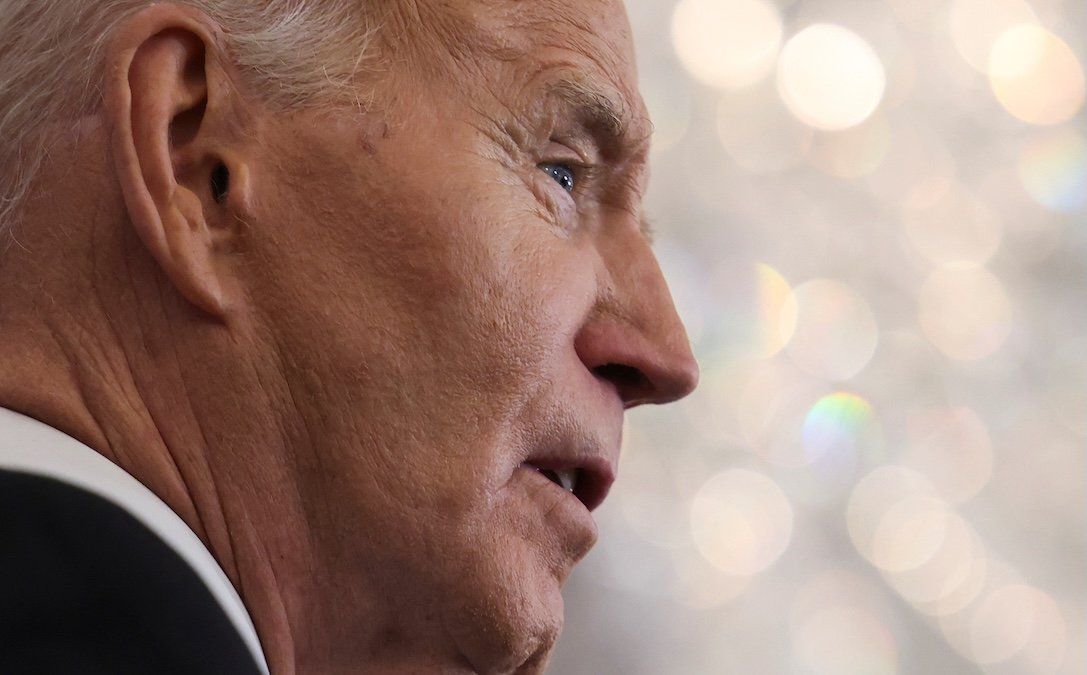President Joe Biden delivers a speech at the State Department on Jan. 13, 2025.
REUTERS/Evelyn Hockstein
The Biden administration issued an executive order on Tuesday to allow the US Departments of Defense and Energy to lease federal land for data centers. The executive action comes as Biden prepares to leave office at the beginning of next week. Calling AI the “defining technology of our era,” the White House said that expanding infrastructure around AI is a national security and military imperative.
Biden did express concern about the environmental impact of data centers, which consume loads of electricity to power them – and water to cool them down. “We will not let America be out-built when it comes to the technology that will define the future, nor should we sacrifice critical environmental standards and our shared efforts to protect clean air and clean water,” the president wrote in a statement.
The executive order also clears the way for the federal land to be leased to developers of “clean energy” as well, with Biden framing them as key to the expansion of AI capability in the country.
